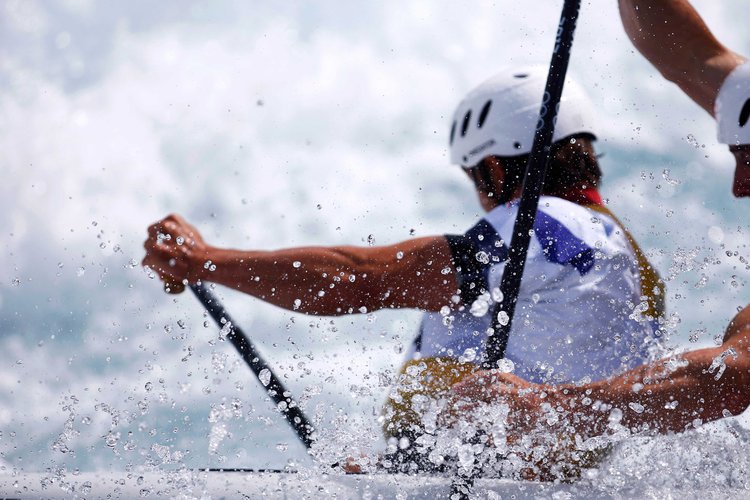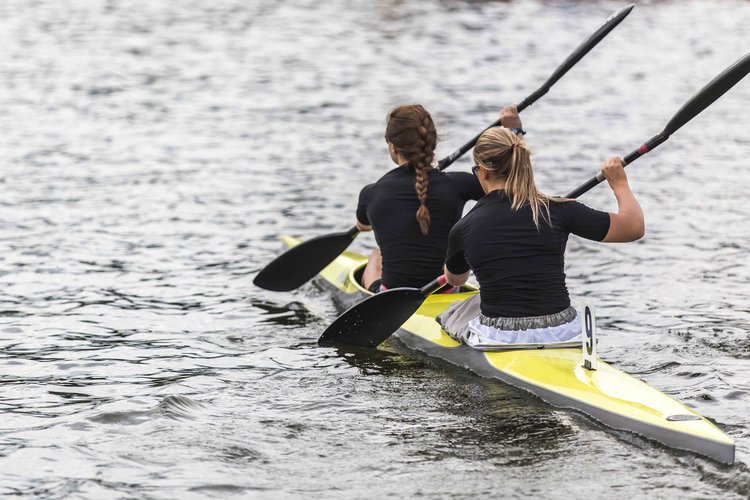Brisbane 2032 Redlands and Wyaralong Project Validation Advisory (PVR) Services
Queensland Government

Both projects were planned with a critical focus on legacy use and benefits, both before and after the Brisbane 2032 event.
As part of Brisbane’s commitment to the Brisbane 2032 Olympic and Paralympic Games (Brisbane 2032), the Redland Whitewater Centre and the Wyaralong Dam Flatwater Centre have been nominated to host canoe slalom, canoe sprint and rowing events, respectively.
The Redland Whitewater Centre
The Redland Whitewater Centre will comprise a ~220m competition channel, circular easy river and a central lake, along with plant infrastructure, amenities, storage and other supporting facilities (including 8,000 temporary seats for Brisbane 2032). An anticipated legacy use of the Redland Whitewater Centre will be as a year-round swift water training facility for emergency services personnel. The centre will be accessible to the community for sport and recreation, and athletes for elite training and international level competitions, increasing visitation and tourism for the Redlands Coast.


The Wyaralong Dam Flatwater Centre
The Wyaralong Dam Flatwater Centre will host the canoe sprint and rowing events. As a redevelopment of the existing Wyaralong Rowing Centre, the project includes significant upgrades, including a 2km 8-lane regatta course and rowing centre with training and warm-up courses, boat sheds and facilities block, pontoons and finish tower, roads and vehicle parking areas. The project’s legacy use will include hosting opportunities for local, regional and international regattas, and generate additional revenue streams from other water-based sports and recreational activities.